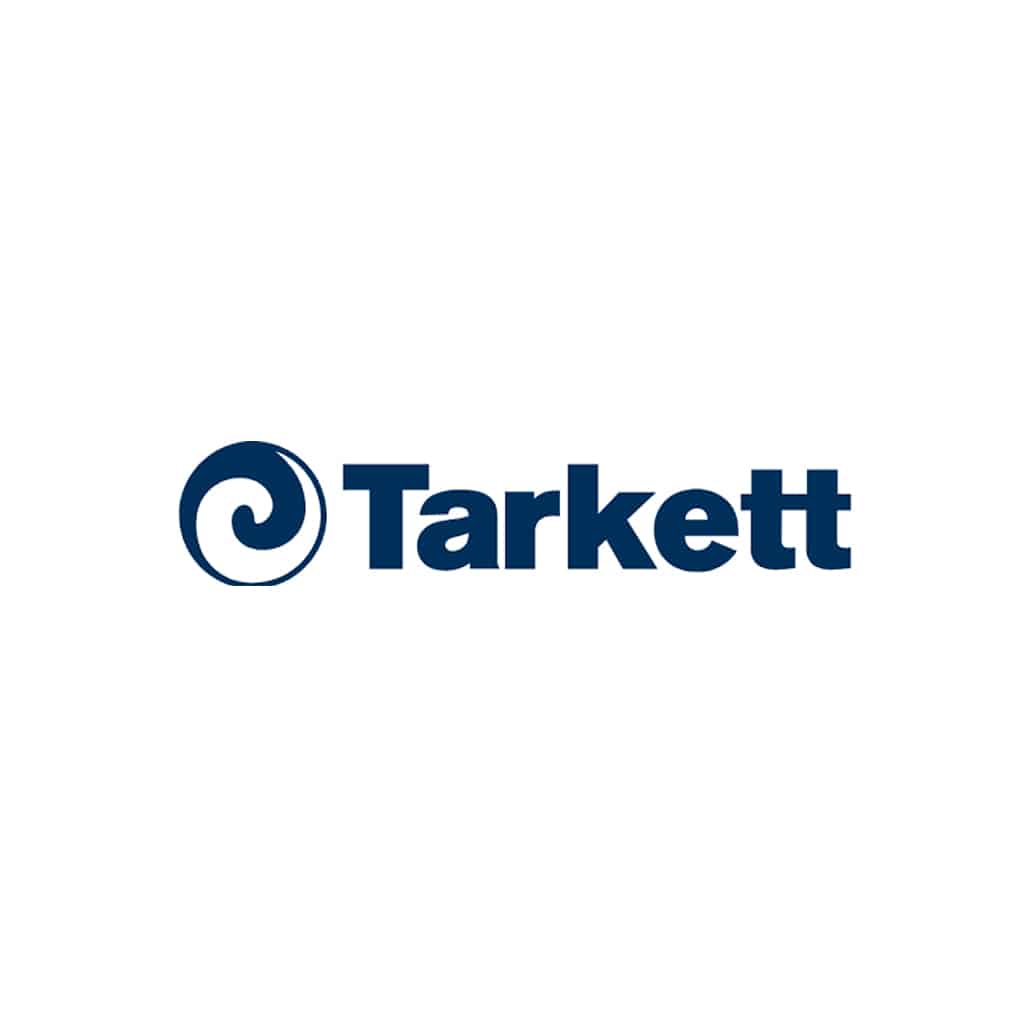Stopping the consumption of fossil fuel at the Ronneby plant, Sweden

Tarkett reduces emissions at its Ronneby, Sweden plant by replacing the site's oil-fired boilers with electric boilers
Main project's drivers for reducing the greenhouse gas (GHG) emissions
Energy and resource efficiency
Energy decarbonisation
Energy efficiency improvements
Improving efficiency in non-energy resources
Emission removal
Financing low-carbon issuers or disinvestment from carbon assets
Reduction of other greenhouse gases emission
Project objectives
- Use non-carbon energy by switching from fuel oil to renewable electricity to power the site's processes on the site ;
- Improving the site's energy efficiency by using electric boilers to limit heat loss. heat loss.
This project to stop fossil fuel consumption on the site consists of several phases:
Phase 1:
- Replacement of the 2 largest oil-fired boilers with electric boilers (which used to heat thermal oil used in production);
Phase 2:
- Replacement of 3 other smaller boilers in the warehouse, the recycling center and the recycling center and the biomass department.
Emission scope(s)
on which the project has a significant impact
- Emission scopes
- Description and quantification of associated GHG emissions
- Clarification on the calculation
Scope 1
Direct emissions generated by the company's activity.
Scope 2
Indirect emissions associated with the company's electricity and heat consumption.
Scope 3
Emissions induced (upstream or downstream) by the company's activities, products and/or services in its value chain.
Emission Removal
Carbon sinks creation, (BECCS, CCU/S, …)
Avoided Emissions
Emissions avoided by the activities, products and/or services in charge of the project, or by the financing of emission reduction projects.
Scope 1 – Use of decarbonized electricity instead of fossil fuel
- Quantification: 6,2 ktCO2/year
Scope 2 – Use of decarbonized electricity instead of fossil fuel More energy – Efficient electric boilers efficient electric boilers
- Quantification: – 0,9ktCO2/year
Before the project was launched, the Ronneby site consumed 2320 t of fuel oil per year. Assuming an emission factor of emission factor of 2.67 tCO2/tfuel, this represents almost 6194 tCO2/year.
Phase 1 of the project (replacement of the 2 largest oil-fired boilers) will reduce the amount of 520 t of oil per year. The two new electric boilers consume 15 121 MWh/year of electricity. Considering an emission factor of 0.053 kgCO2/MWh, this allows a reduction of 4 ktCO2eq/year (the calculation considers a renewable source of electricity that will be available from January 1, 2021).
Phase 2 of the project (replacement of 3 other smaller boilers), will reduce to 0 fuel consumption to zero. These boilers will consume about 5181 MWh/year of electricity. Considering an emission factor of 0.053 kgCO2/MWh, this allows an additional reduction of 1.3 ktCO2eq/year
Key points
Invested amount
2M€
Starting date of the project
2021
Project localisation
Ronneby, Sweden
Project maturity level
Prototype laboratory test (TRL 7)
Real life testing (TRL 7-8)
Pre-commercial prototype (TRL 9)
Small-scale implementation
Medium to large scale implementation
Economic profitability of the project (ROI)
Short term (0-3 years)
Middle term (4-10 years)
Long term (> 10 years)
Illustrations of the project
Other benefits of this project include:
- The eradication of the risk of fuel leakage;
- Eliminating the need to transport fuel oil by rail to the plant;
- Reduction of noise from the exhaust stack.
No potential for replication of the project has been identified at this time.
The investment was financed by the public authorities up to 45% in order to encourage Tarkett to reduce its GHG emissions. The project was the largest financing in the southern region of Sweden in 2018.
Contact the company carrying the project
communication@tarkett.com

